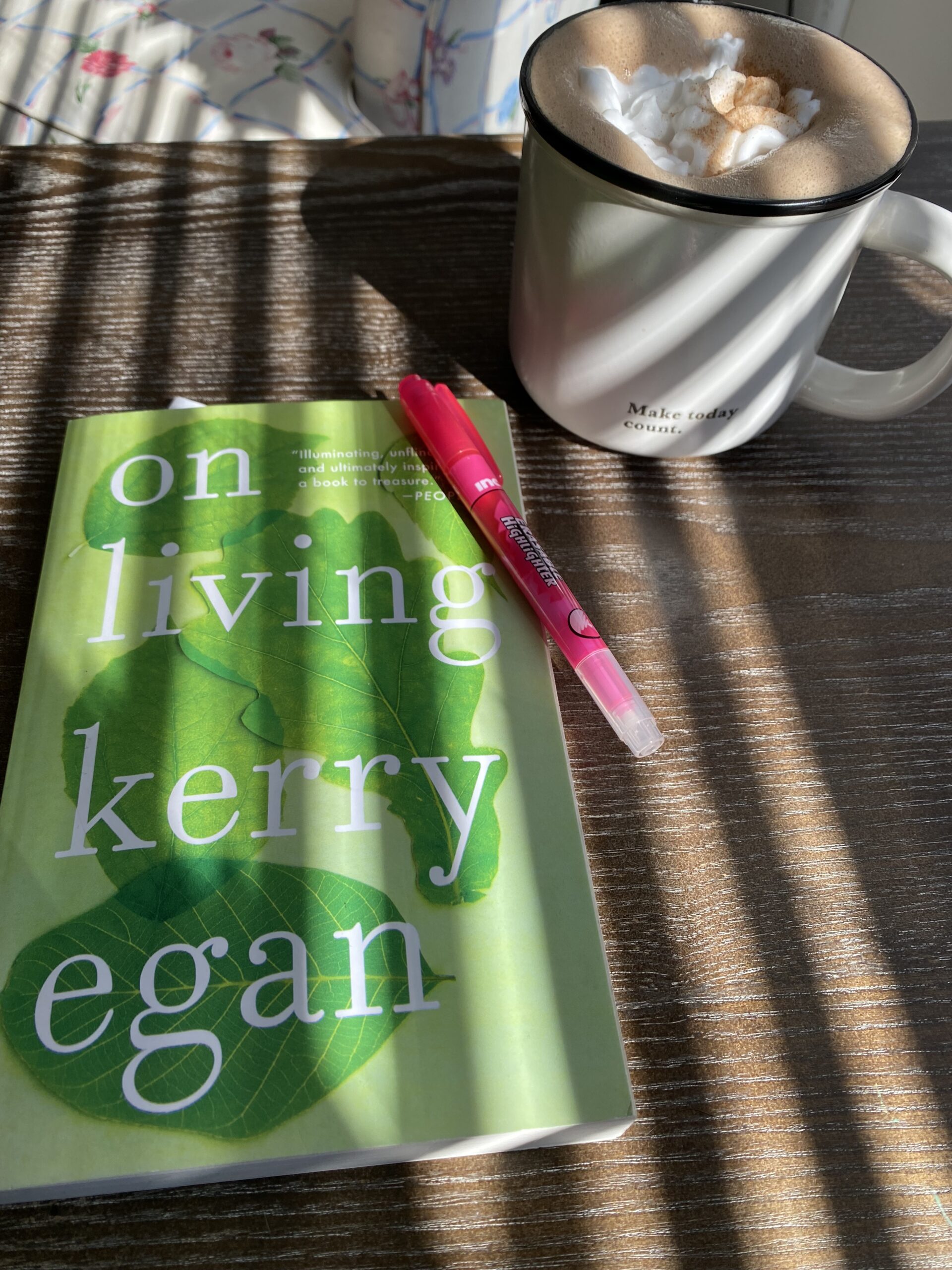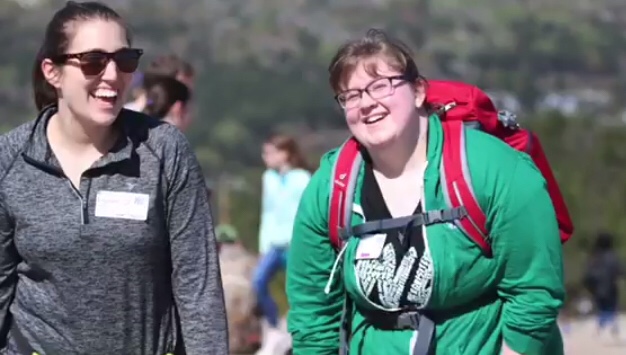Don't Wait For The Euologies
Don’t Wait For The Euologies

Be kind about the names
Your friends pick for their children
Praise their haircuts
Love their tattoos
It doesn’t really matter
If that’s what you would do
Like every selfie
All of them
Clap their songs
Cheer them on
You were born with a limitless
Supply of encouragements
Use every one of them
Don’t wait for the eulogies
To speak out loud
That your friends are precious
And they make you feel proud
-David Gate
I am no stranger to death. A traumaversary is even coming up shortly. In the past two years, I’ve become afraid of death in ways that I wasn’t before.
My version of religion let me think that death was to be praised. That it was to be greater than life.
You get to be reunited when the people you love most leave this world for whatever is beyond.
And that’s comforting when you have followed all the rules for your whole life and your parents died when you were sixteen.
All the pain will have become worth it. All the pain will cease. You’ll get to be reunited and have an eternity of great reward.
It makes the trauma seem small, makes death the end game, makes it oh so easy to detach.
Oh, death, where is your sting?
I always loved how much that was used.
But death stings.
A lot. Over and over again.
And when you let go of the idea that maybe you’re not attached to the religion of your childhood, and maybe they might be right, then maybe death becomes terrifying once again.
Add on the global pandemic of the last two years, death has become an ever looming presence in our every day life.
I wanted to face my new found fear of death.
So, I started reading books. Read a novel about a teen who’s dad was dying of cancer, a poetry book about a complicated relationship with a mother who died, and now a memoir of a hospice chaplain.
On Living by Kerry Egan sucked me in and made me cry.
It gave me such a great appreciation for the way we experience life and maybe even set me on a different career path, who knows.
There’s one story about a patient named Reggie with COPD.
Reggie kept talking about a lung transplant, one that wasn’t going to happen. He would talk about what he wanted to do after he got it, the logistics of it, every small detail of it. Reggie knew it wasn’t going to happen but he couldn’t let go the hope and the regret. Kerry mentioned that the lung transplant was a vehicle for him to dream about the way of fixing his regrets. An estranged sister, divorced, pushing away people that would care about him. His hope was for connection.
Reggie’s regret was how empty and alone his life was. His hope was for connection, perhaps even love. He yearned for that. He didn’t have much to work with. His ex-wife wasn’t coming back. Neither was his sister. He had pushed away every aide and nurse with his demands. His very neediness seemed to ensure that his need for love at the end of his life would never be met, that his hope for connection with another person, finally, would come to nothing.
This talk about hope for connection stuck with me for a while.
The pandemic took away the lives of our loved ones and a majority of our ability to connect.
Working from home, quarantine, travel restrictions.
Hugs, head scratches, twinkles in the eyes.
We started seeing the world through Zoom meetings and bad wifi connections.
It takes its toll.
We’re burnt out, there’s no denying that. We’re starved for connection.
To ourselves, the earth, and each other.
I keep thinking about Reggie and the poem from David Gate.
Don’t wait for the eulogies. Don’t wait for the time when there is nothing left.
Find connection now.
Your spirituality.
Your inner child.
Your earth beneath your feet.
Your family.
Your friends.
Your crush that you swear you just can’t take a risk on.
Yourself, most of all.
Kerry talked about how there will always be regrets, that even the people who love their life get to the end of it and wonder “what if” about something.
No regrets isn’t the goal.
A life full of connection is.
Fully connected to ourselves and each other.
And the only way to do that is to be vulnerable.
To face the fear of regret, failure, of everything going wrong.
Life is hard, there’s no denying it. Death is coming at some point too, that’s inevitable.
But what happens in the middle, we get to decide the meaning.
Last quote from Kerry:
“It’s a beautiful life and then you leave it”
That beautiful life requires connection and courage and healing.
It requires showing up for our friends. Compliments and crying sessions.
It requires taking chances and making changes. Asking a person out or showing up in a therapists office.
It requires so much of us and yet, it’s so full of reward.
I want to get to the end of my life and honestly, not care about what comes next.
Because what I had here was so full of connection and love.
I’m not going to wait until the eulogies to experience life with my people and tell them.
I’m not going to get to the hospice unit and wish that maybe I loved more, maybe I should have connected more.
It’s a beautiful life and then you leave it.

